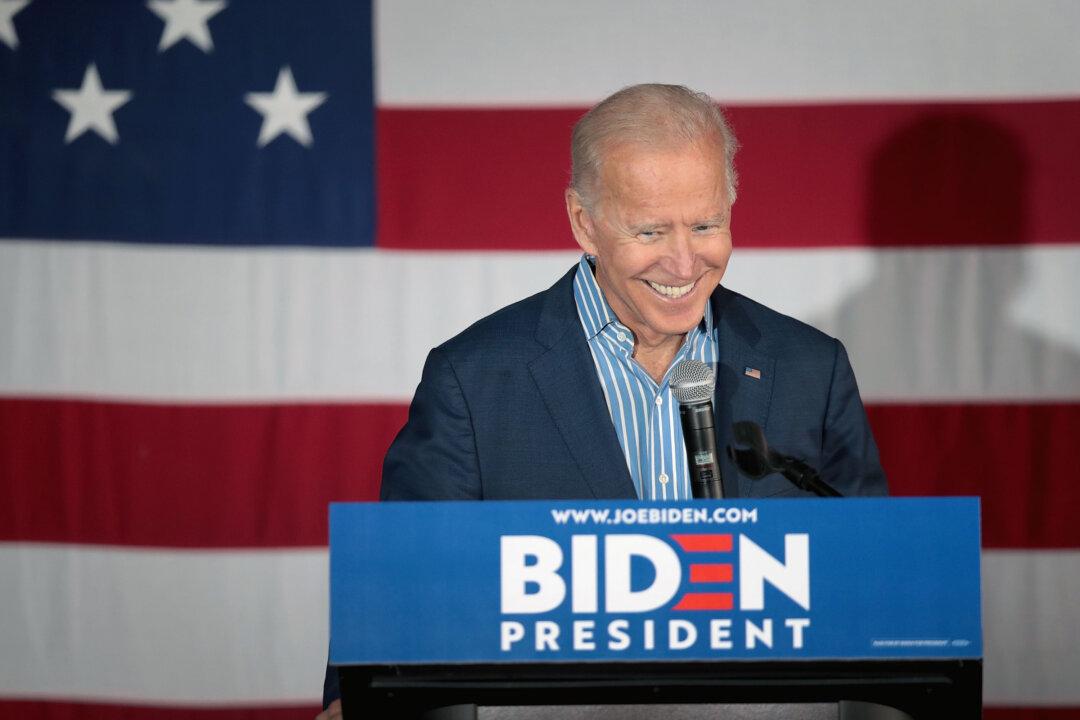Recent remarks by former Vice President Joe Biden shrugging off the threats posed by China has drawn criticism from politicians on both sides of the aisle.
Biden, who recently announced his bid for the 2020 Democratic presidential nomination, said at a campaign rally in Iowa on May 1 that China, the world’s second-largest economy, is “not competition” for the United States.





